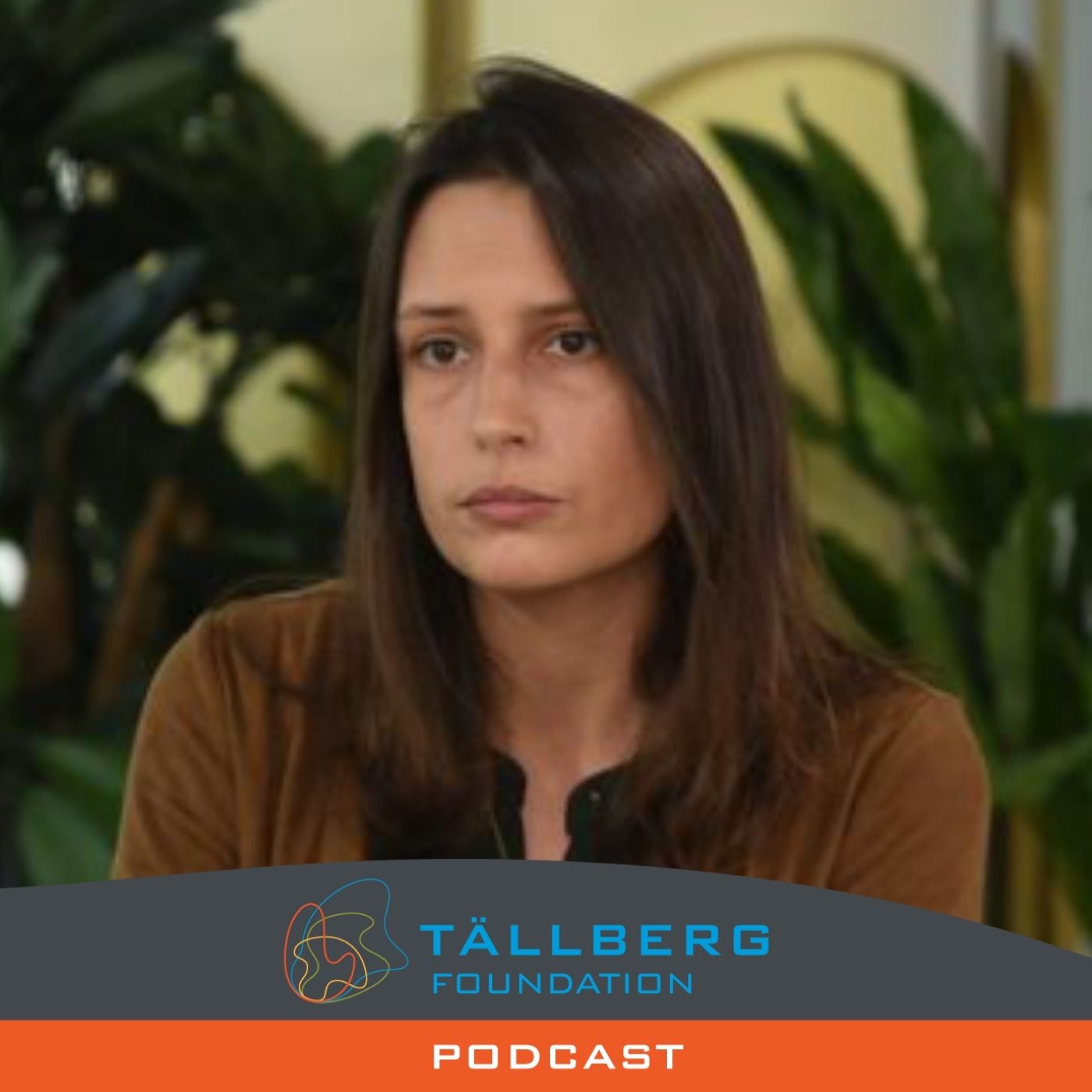Poland to the Rescue
- Author
- Tällberg Foundation
- Published
- Thu 21 Apr 2022
- Episode Link
- https://tallbergfoundation.org/podcasts/poland-to-the-rescue/
Russia’s war on Ukraine has set off the largest movement of refugees in Europe since the last World War. Around 5 million people, 90% women and children, have fled the country and at least another seven million people have been internally displaced. Those numbers, as well as the uncounted thousands of civilians who have been killed or wounded, are rising rapidly as President Putin intensifies his strategy of war on cities and on the people who live in them.
At least 2.7 million of these refugees have fled to Poland, a country with a spotty record—at best—when it comes to accepting migrants. But this time is different: even as the country builds a wall on its border with Belarus to keep out migrants from the Middle East, Poles and their government are welcoming the Ukrainians pouring across their border. Why the difference? What do the ordinary Poles who are receiving and sheltering the refugees think? Will there be limits to the hospitality as the war drags on? Could there be a silver lining to this horrible tragedy if it produces new attitudes to migration—or is that too naive?
Marta Górczyńska, a Polish human rights lawyer, is hopeful. She has seen and dealt with her country’s efforts to close the border with Belarus as well as its enthusiastic opening of the border with Ukraine (at least for Ukrainians). Will the better angels prevail? Are there implications for other situations as the tide of migrants rises globally?
